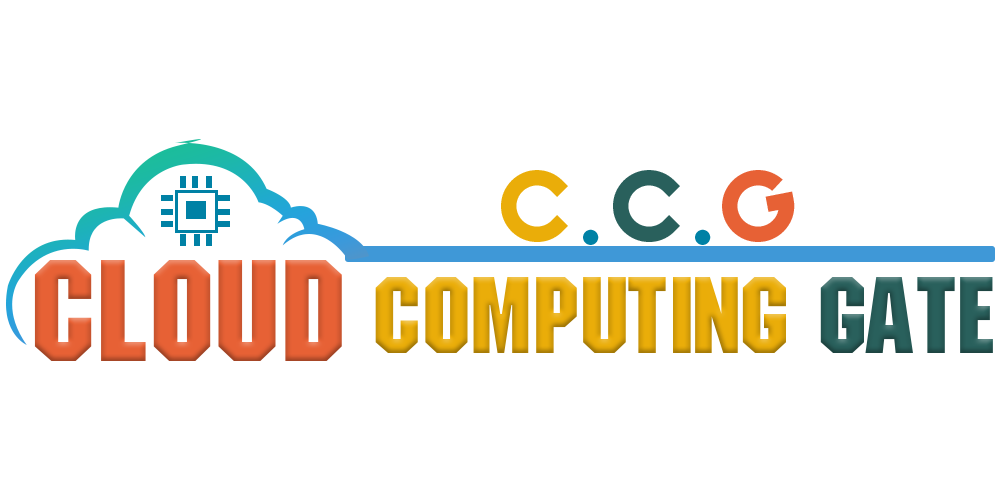Define Cloud Computing
Unraveling Cloud Computing
In the rapidly evolving landscape of technology, cloud computing has emerged as a transformative force, reshaping the way individuals and businesses approach data storage, processing, and application deployment. Defined by its flexibility, scalability, and accessibility, cloud computing has become an integral part of the modern digital ecosystem. This article aims to provide a comprehensive overview of cloud computing, delving into its definition, key characteristics, service models, deployment models, and its impact on various industries.
Define Cloud Computing
Define Cloud Computing
At its core, cloud computing refers to the delivery of computing services—including storage, processing power, and applications—over the internet. Instead of relying on local servers or personal devices to handle computing tasks, users can access and utilize resources hosted on remote servers, often referred to as the “cloud.” This shift in computing paradigm has profound implications for efficiency, collaboration, and innovation.
Define Cloud Computing
Key Characteristics of Cloud Computing:
- On-Demand Self-Service: Cloud computing allows users to provision and manage computing resources as needed, enabling a high degree of flexibility and autonomy.
- Broad Network Access: Users can access cloud services and applications from various devices with internet connectivity, promoting accessibility and convenience.
- Resource Pooling: Cloud providers pool computing resources to serve multiple users, optimizing resource utilization and achieving economies of scale.
- Rapid Elasticity: Cloud resources can be quickly scaled up or down based on demand, allowing for efficient resource allocation and cost savings.
- Measured Service: Cloud computing services are metered, providing transparency and allowing users to pay only for the resources they consume.
Define Cloud Computing
Service Models of Cloud Computing
- Infrastructure as a Service (IaaS): IaaS provides virtualized computing resources over the internet. Users have control over operating systems, storage, and networking, while the cloud provider manages the infrastructure.
- Platform as a Service (PaaS): PaaS offers a platform that includes tools and services for application development, reducing the complexity of managing infrastructure. Developers can focus on coding and deployment.
- Software as a Service (SaaS): SaaS delivers fully functional software applications over the internet, eliminating the need for users to install, maintain, and update software locally.
Define Cloud Computing
Deployment Models of Cloud Computing
- Public Cloud: Public clouds are owned and operated by third-party service providers. Resources are shared among multiple users, making it a cost-effective option for many organizations.
- Private Cloud: Private clouds are dedicated to a single organization, providing greater control over resources and security. They can be hosted on-premises or by a third-party provider.
- Hybrid Cloud: Hybrid clouds combine public and private cloud elements, allowing data and applications to be shared between them. This model provides flexibility and optimization of existing infrastructure.
Define Cloud Computing
Impact on Industries
- Information Technology (IT): Cloud computing has revolutionized IT by enabling businesses to scale infrastructure, deploy applications faster, and enhance collaboration among teams. It has become a cornerstone for digital transformation.
- Healthcare: The healthcare industry benefits from cloud computing’s ability to securely store and share patient data, facilitate telemedicine, and accelerate medical research through efficient data analysis.
- Education: Cloud computing enhances educational experiences by providing collaborative tools, online learning platforms, and scalable infrastructure. It democratizes access to educational resources globally.
- Finance: In the financial sector, cloud computing improves agility, supports real-time analytics, and ensures compliance with stringent security standards. It enables faster innovation and enhances customer experiences.
Define Cloud Computing
Challenges and Considerations
While cloud computing offers numerous advantages, it also presents challenges, including concerns about data security, compliance with regulations, and potential downtime. Organizations must carefully consider their specific needs and evaluate the trustworthiness of cloud service providers.
Define Cloud Computing
Conclusion
Cloud computing stands as a transformative force that has reshaped the technological landscape. Its flexibility, scalability, and accessibility have made it an essential component for individuals and organizations across various industries. As the digital era continues to evolve, cloud computing is poised to play a pivotal role in driving innovation, efficiency, and collaboration on a global scale. Understanding its nuances and implications is crucial for individuals and businesses seeking to navigate the ever-changing landscape of modern technology.
Define Cloud Computing




Comments
0 comments